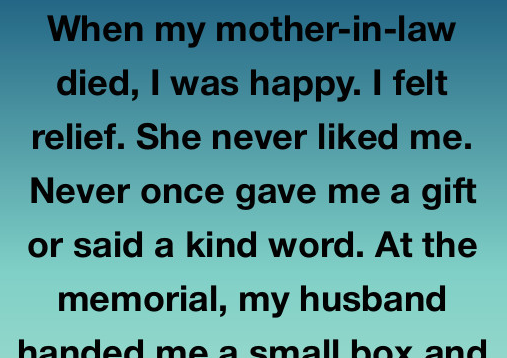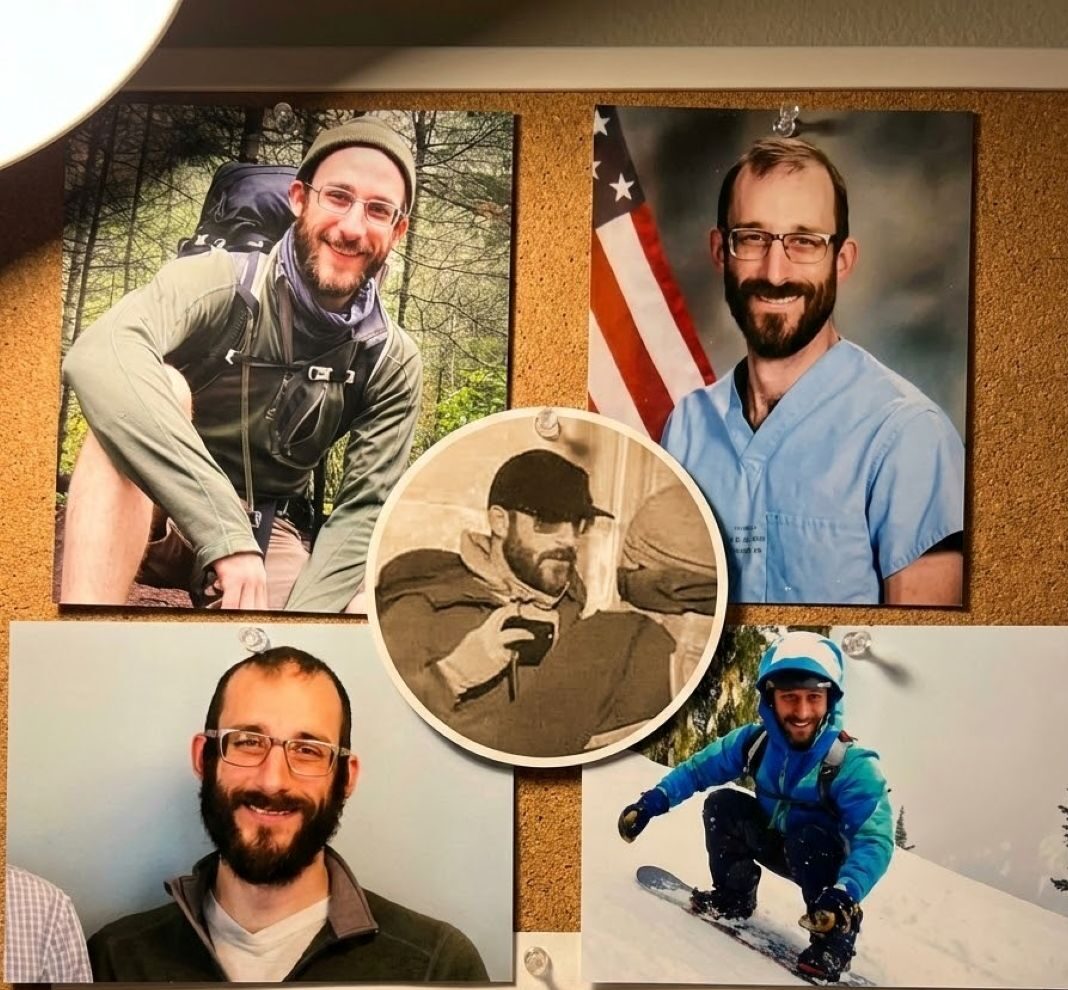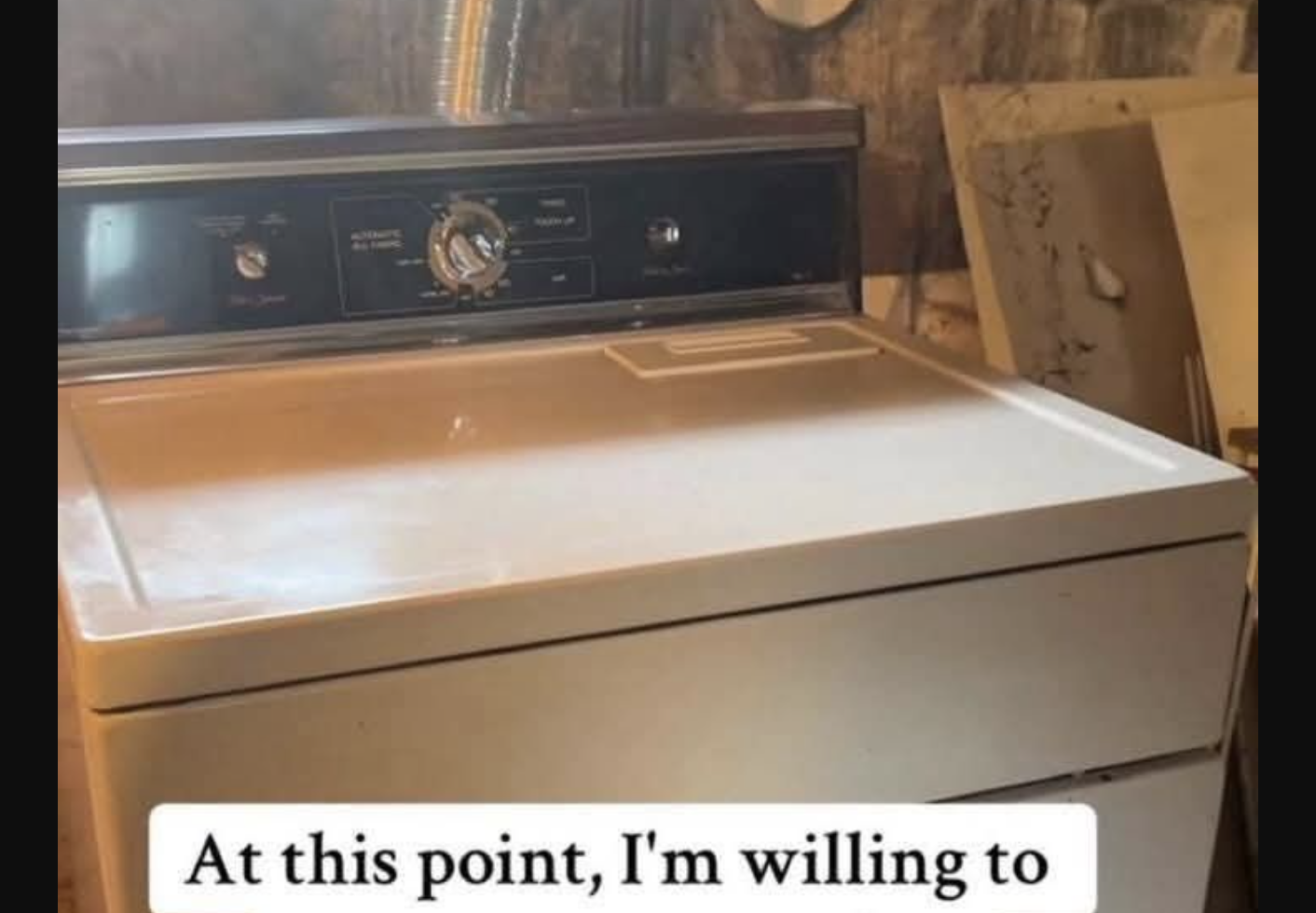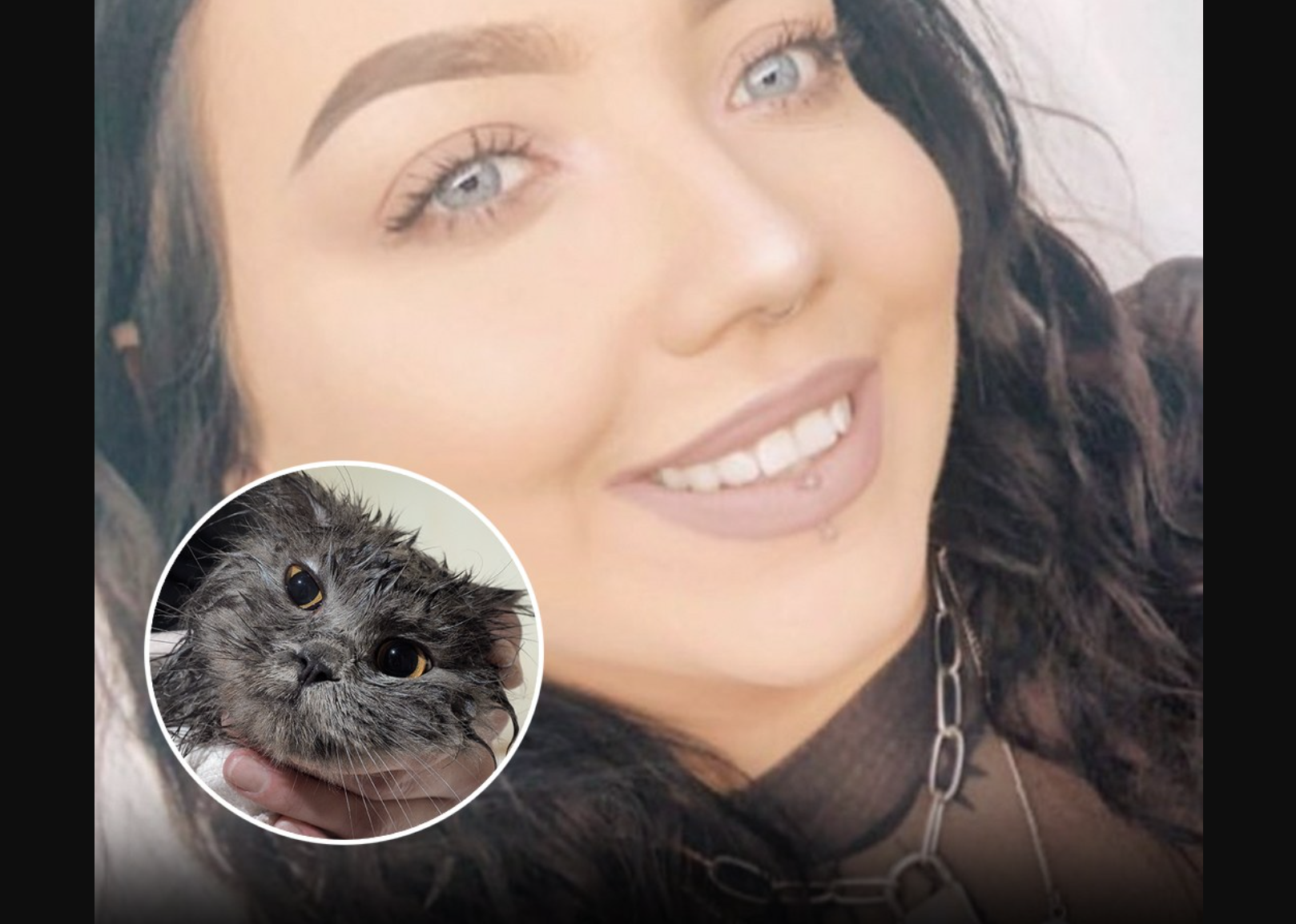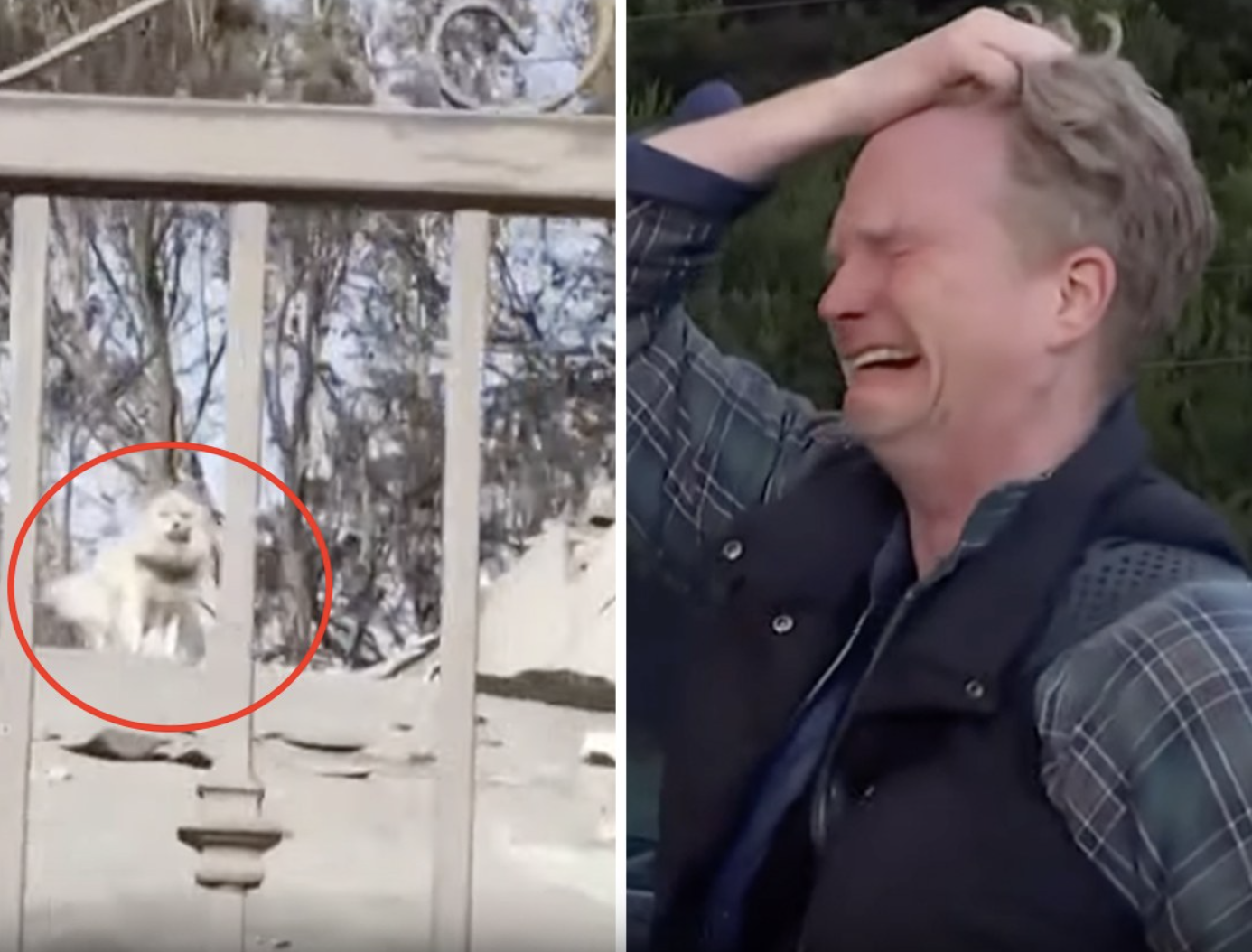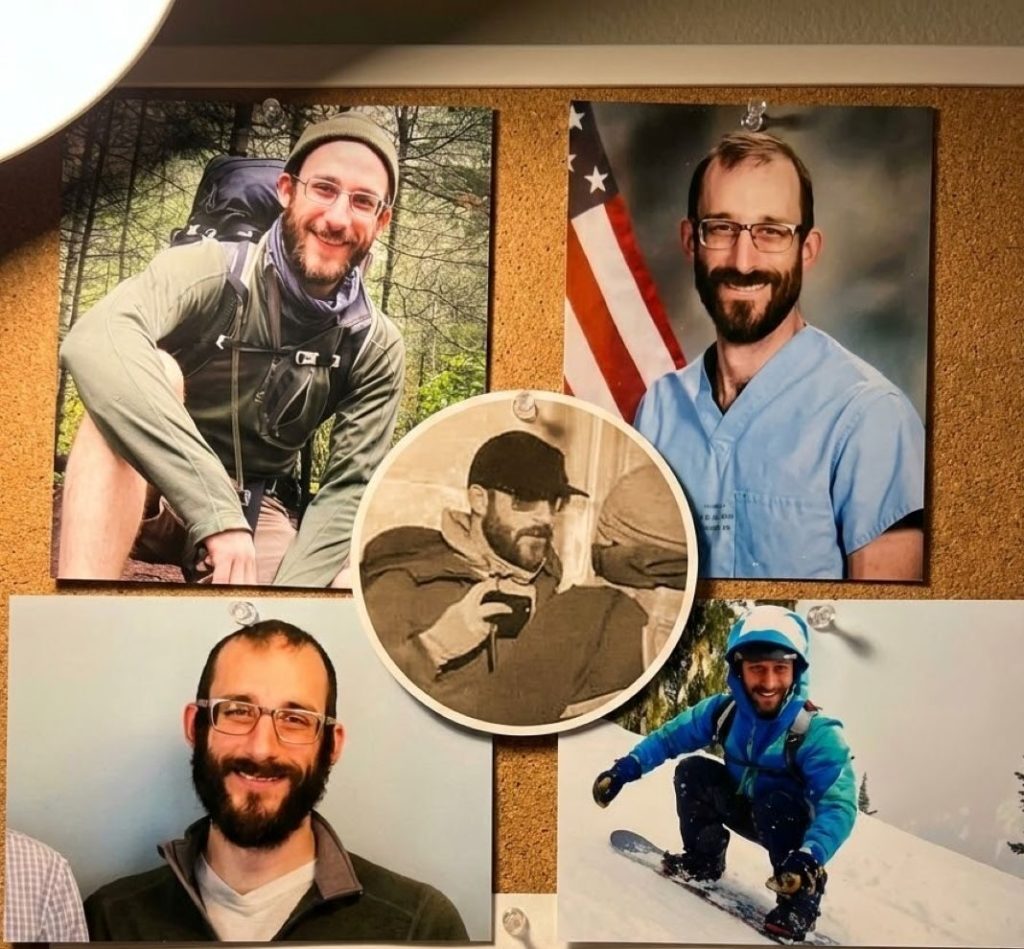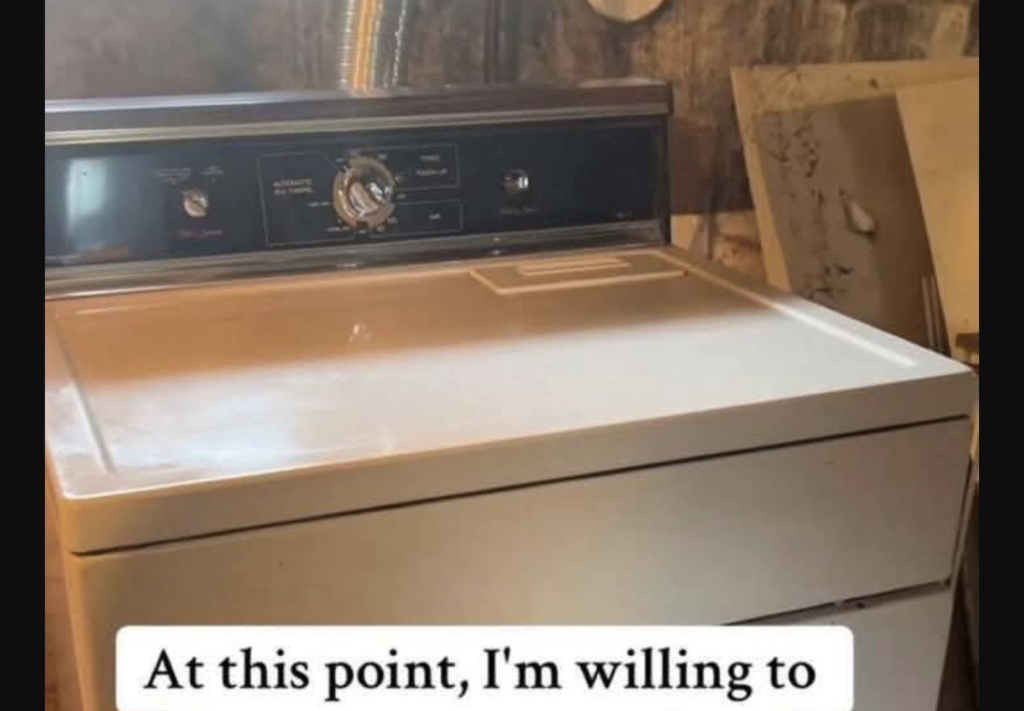When my mother-in-law passed away, a wave of relief washed over me. I felt unburdened. She had never warmed to me, never offered a single gift or spoken a kind word. During the memorial, my husband approached me with a small box and said, “She wanted you to have this on the day of her funeral.” Inside, I found a silver necklace, unfamiliar to me, adorned with a delicate sapphire pendant.
Confusion flickered in my mind. “Is this really for me?” I asked.
He nodded firmly. “She was specific. Said you should open it today. By yourself.”
That word—by yourself—lingered. I waited until we returned home, until the guests had departed and our son was asleep. Sitting on the edge of the bed, I examined the necklace. It appeared aged, perhaps an antique. The pendant, shaped like a teardrop, bore faint initials on its back: L.T.
My initials.
How could she have owned a necklace marked with my initials? Perhaps it was mere chance. But my curiosity demanded answers. I rummaged through the box and found a note, folded neatly, my name written in her precise handwriting.
I paused, then unfolded it.
“If you’re reading this, I’m no longer here. And if you’re reading this, I’ve finally found the courage to speak. I never said it when it mattered, but I was wrong about you. From the start. Let me explain why.”
I stared at the words, stunned. This was not a woman who ever admitted fault.
“I didn’t dislike you for who you are, but for what you represented to me. You reminded me of myself—young, ambitious, full of conviction. I was like that once. But I surrendered it all for marriage, for propriety, for people who never showed gratitude. When you married my son, I feared he’d dim your light, as his father dimmed mine.”
I swallowed, my throat tight. My husband wasn’t like that, not truly. But her perspective was her own.
“So, instead of embracing you, I distanced you. I criticized your style, your laughter, your long hours at work. I acted as though you fell short, when deep down, I knew you were everything I lacked the bravery to become. I regret that deeply.”
Tears blurred my vision. For years, I’d seen her as harsh, unfeeling, cruel. Perhaps she was, but this letter revealed another side. A confession.
“The necklace was mine long ago, given to me by a man I loved before my husband. His name was Lucas. The L stood for him. I added the T later, for the daughter I never had. I longed for a girl to raise with strength and courage. I never had her. But in an odd way, I see her spirit in you.”
My hand flew to my mouth. The letter stopped there, no farewell, no signature. Just those words.
Sleep eluded me that night.
The next morning, I wore the necklace to breakfast. My husband’s eyes widened.
“She gave you that?”
I nodded. “And a letter.”
He didn’t ask for details, and I didn’t share. Not yet.
Days later, my thoughts kept circling back to her. My long-held anger began to shift, first to confusion, then to a quiet sadness.
A week later, her lawyer called about the will’s reading. We attended, expecting routine matters—a house, a modest savings account, some jewelry.
Then the lawyer said something unexpected.
“She included a special provision for her daughter-in-law.”
That was me.
He handed me an envelope. “It’s a key,” he said, holding it up. “And a note that says, ‘She’ll know what it’s for.’”
I didn’t. Not at first.
But holding the key sparked a memory. Years ago, before our relationship soured, I’d noticed a small attic door in her house, always locked. When I asked about it, she’d snapped, “That room’s private. Stay away.”
I assumed it held mundane things, like old documents.
Now I understood.
After the reading, I asked my husband to drive to her house. He agreed without question. The house felt different without her—calmer, almost gentle.
The attic door, hidden behind a worn curtain at the top of the stairs, accepted the key perfectly.
The room smelled of cedar and time. A single trunk sat in the center, surrounded by stacked boxes. I opened the trunk first.
Inside were journals—dozens of them, some leather-bound, others simple spirals. I picked one up, dated 1973.
I began to read.
She had poured her soul onto those pages—her fears, her sense of being trapped in her marriage, her longing to paint again, her dreams of Paris, her regrets over choices made.
A photograph slipped out, showing a watercolor painting of a woman alone in a garden. On the back, she’d written, “Me, before I faded away.”
My chest tightened.
In a 1984 journal, she wrote of Lucas, the man she loved but let go under her parents’ pressure. She kept the necklace to remember who she was with him.
I spent hours in that attic, lost in her words.
I shared only pieces with my husband—that she’d left journals revealing a hidden side of her. He didn’t press for more, grieving in his own quiet way.
Weeks later, I did something unexpected.
I submitted a painting from one of her journal photos to a local art exhibition, under a pseudonym, curious to see what would happen.
It was accepted.
People loved it. One called it “profoundly moving.”
I submitted two more.
Soon, a small gallery contacted me, asking about the artist.
I told them the truth.
“She was my mother-in-law. She passed recently. These were found in her attic.”
They wanted more.
Before long, her work was displayed in a modest but meaningful exhibit. Visitors wept before her paintings, connecting with the quiet sorrow woven into her art.
I wished she could have seen it.
Perhaps she knew this would happen. Perhaps that’s why she left me the key.
Months later, another surprise arrived. The lawyer contacted us about a safety deposit box, hidden for decades, accessible only by me.
Inside was a check for $40,000.
And a letter.
“If you’re reading this, you’re ready to chase your dream. This is my way of helping. Don’t tell my son—he’s too practical, like his father. But you have a spark. Use this for yourself or to lift someone else who needs it.”
Tears streamed down my face, the kind I hadn’t shed in years.
I used the money to open a small gallery downtown, a space for overlooked artists—especially older women—who never had their moment. I named it The Teardrop, after her necklace. After her.
It grew beyond my dreams. People came, donated, shared stories—women who abandoned careers, who felt unseen, who painted in secret after bedtime.
I saw her in every one of them.
I began to understand. My mother-in-law didn’t hate me. She hated the life that had hardened her. I was a reflection she couldn’t face.
But in the end, she did.
She left me her regrets, her art, her truth. In doing so, she gave me a purpose I hadn’t known I needed.
It’s strange how those who wound us deeply can sometimes offer the greatest healing.
Three years have passed since her death.
The necklace still graces my collarbone most days. Her journals are now archived in the gallery’s backroom, open to anyone curious about the heart behind the brush.
My husband came to terms with it. He visited the gallery once, standing quietly before the garden painting. “I didn’t know she felt like this,” he murmured.
Neither did I.
But now the world knows.
And perhaps that’s what matters most.
Sometimes, apologies come in unexpected forms—not in words, but in what’s left behind.
If someone has ever made you feel small or unwelcome, remember this: some hurts stem from their own pain, not from you. Some guarded hearts carry the heaviest stories.
If this story touched you, please share it. Someone else might need to hear that forgiveness can arrive in unexpected ways, quietly setting you free.
